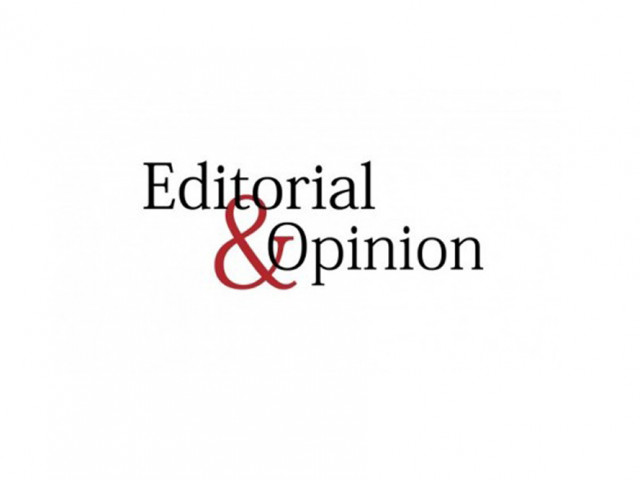Medicine crisis
The very drugs that help keep patients alive are now vanishing from shelves

Karachi's residents are no strangers to hardship. The city is constantly braced against an unending tide of civic failures - from crumbling infrastructure to prolonged outages of water, gas and electricity. But perhaps the cruelest of crises is now unfolding in its pharmacies: a deliberate, profit-driven shortage of essential medicines.
The very drugs that help keep patients alive are now vanishing from shelves, not due to supply chain disruption or manufacturing lapses, but because of hoarders seeking to inflate prices. This orchestrated scarcity is not just unethical — it is criminal. It represents a blatant disregard for human life in the pursuit of profit. In response, DRAP has launched a crackdown, pledging to restore medicine availability and punish those responsible.
Drug inspectors are now monitoring markets, and registration holders have been warned to ensure uninterrupted supply or face legal action. But if history is any guide, this effort is going to be short-lived. Regulatory crackdowns in Pakistan are often reactive and performative. The hoarders know this — and they count on it. Once the headlines fade, so too does the resolve to hold the culprits accountable.
The government must break this cycle of impunity. Cosmetic crackdowns will not solve the crisis. What is needed is sustained regulatory oversight, transparency in pharmaceutical distribution, and public prosecution of those who play with human lives for profit.
Most importantly, the state must prove that it values its citizens more than the profit margins of a few. Access to medicines is not a privilege but rather a basic right. When this right is held hostage by greed, the state must respond with the full force of the law. Karachi's ailing cannot be left to suffer in silence while opportunists enrich themselves on the backs of the sick.














COMMENTS
Comments are moderated and generally will be posted if they are on-topic and not abusive.
For more information, please see our Comments FAQ